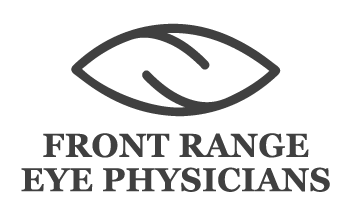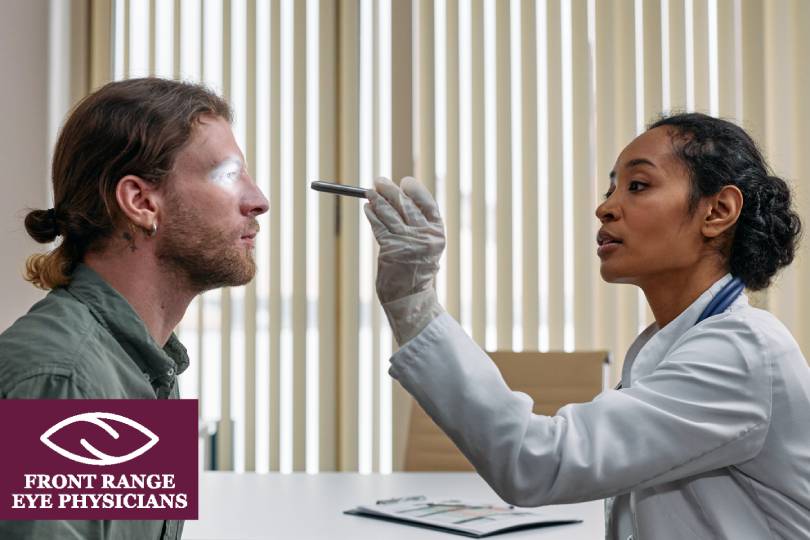Eye exams aren’t just about vision. They’re about your health. Your eyes are windows to the live action of blood vessels, nerves and connective tissues throughout your body. Problems spotted in the eye are often the first signs of disease lurking elsewhere. Here are 20 medical conditions your eye doctor may detect during a comprehensive eye exam:
- Aneurysm
- Brain tumor
- Cancers of blood, tissue or skin
- Diabetes
- Giant cell arteritis
- Heart disease
- High blood pressure
- High cholesterol
- Lupus
- Lyme disease
- Medication toxicities
- Multiple sclerosis
- Myasthenia gravis
- Rheumatoid arthritis
- Sarcoidosis
- Sexually transmitted diseases
- Sickle cell disease
- Sjögren’s syndrome
- Stroke
- Thyroid disease
- Vascular disease
- Vitamin A deficiency
It’s important to remember that these symptoms don’t guarantee you have a certain health condition. Whenever an eye exam reveals a possible health problem, your ophthalmologist will recommend further testing by a specialist or your primary care provider.
The American Academy of Ophthalmology recommends that all adults get a complete eye examination at age 40. This is when early signs of disease or changes in vision may first appear. If you have risk factors such as diabetes, high blood pressure or a family history of eye disease, don’t delay — schedule an eye exam at an earlier age.
For more information about eye health and how to protect your eyes, visit the Academy’s EyeSmart website.
Learn More:

